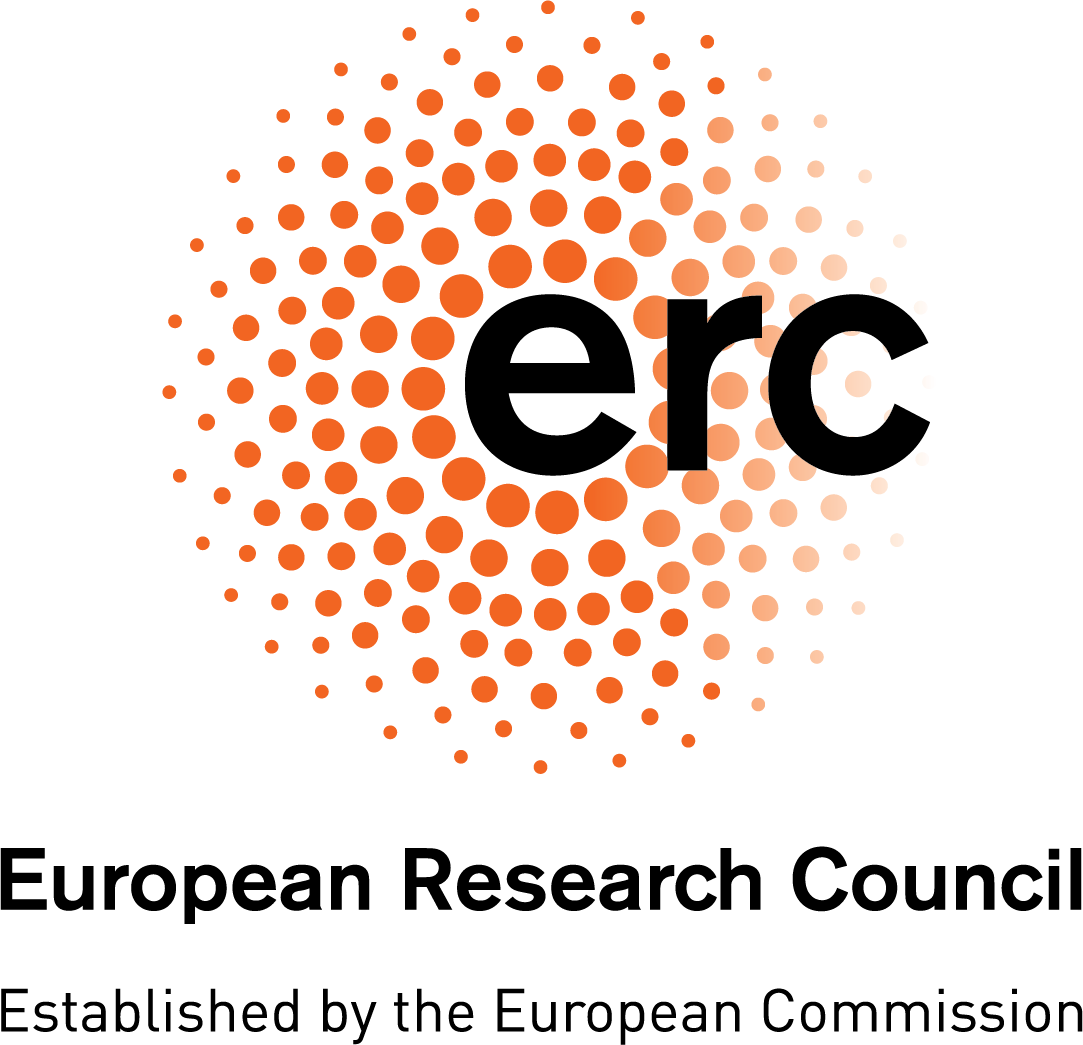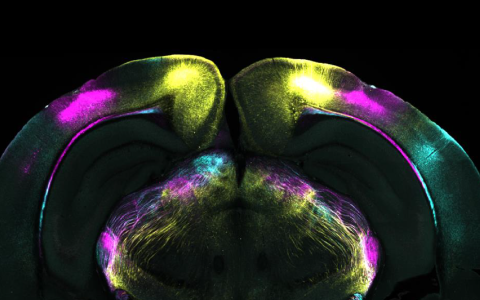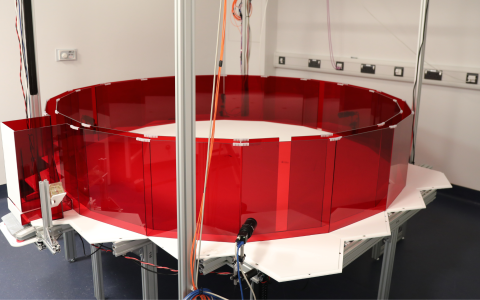
SWC part of international team awarded ERC Synergy Grant funding
Three research groups from the University of Cambridge, the Sainsbury Wellcome Centre (SWC) at UCL and the University of South Florida (USF) have been awarded a prestigious European Research Council (ERC) Synergy Grant to study the biology of instinctive behaviour.
The ERC Synergy Grants foster collaboration between outstanding researchers, enabling them to combine their expertise, knowledge and resources to push the boundaries of scientific discovery. This funding is part of the EU’s Horizon Europe research and innovation programme.
Professors Sadaf Farooqi at the University of Cambridge, Yong Xu at USF and Tiago Branco at SWC have been awarded a €10 million, six-year grant. They will lead research that aims to uncover the brain circuits which control instinctive behaviour in both mice and humans.
Many animal behaviours are innate: animals know how to find food, socialise, escape from predators and defend their territory without having to learn these actions.
In contrast, in humans, we tend to believe that how much we eat, our ability to socialise, the fight or flight response and aggressive behaviour are completely under personal control.
The ERC funding will enable the teams to study how the brain controls instinctive behaviour across species, and the work has the potential to aid our understanding of conditions including obesity and anxiety.
The teams will study people with genetic changes which affect hypothalamic pathways – previously shown to control a range of instinctive behaviours. The researchers will use high-resolution brain scans to visualise how the brain works in response to stress or when a person is hungry or full. They will also explore how the same genetic changes affect the metabolism of mice and their behaviour in natural social settings.
Professor Sadaf Farooqi from the Institute of Metabolic Science, University of Cambridge, said: “I am delighted to have the opportunity to work with my colleagues Yong Xu and Tiago Branco on such a fundamental research question which has significant potential to impact conditions which harm human health such as obesity and anxiety”.
Professor Yong Xu from the University of South Florida said: “This funding from the ERC will allow us to be bold and innovative as we investigate instinctive behaviours at unprecedented breadth and depth, linking studies in mice and humans.”
Professor Tiago Branco from the Sainsbury Wellcome Centre, UCL said: “By coming together, our three groups can take on a challenge that no one group could address on their own. Our studies have the potential to transform societal understanding of the biological contribution to human behaviour – often expressed as the age-old debate between nature and nurture”.
Professor Branco’s lab will use a large-scale behavioural platform to quantify natural behaviours in mice to identify genetic mutations that recapitulate human phenotypes. His team will then perform recordings of neural activity from the brain circuits affected by the mutations, aiming to determine the mechanisms that cause dysfunction. In the final stage of the project, the group will try to restore function in mice by reverting target mechanisms.

About the ERC
The ERC, set up by the European Union in 2007, is the premier European funding organisation for excellent frontier research. It funds creative researchers of any nationality and age, to run projects based across Europe. The ERC offers four core grant schemes: Starting Grants, Consolidator Grants, Advanced Grants and Synergy Grants. The ERC is led by an independent governing body, the Scientific Council. Since November 2021, Maria Leptin is the President of the ERC. The overall ERC budget from 2021 to 2027 is more than €16 billion, as part of the Horizon Europe programme, under the responsibility of European Commissioner for Startups, Research and Innovation, Ekaterina Zaharieva.
Media contact
For more information or to speak to Tiago Branco, please contact:
Alison Cranage
Research Communications and Engagement Manager, Sainsbury Wellcome Centre
E: a.cranage@ucl.ac.uk
T: +44 (0) 7917 922 068

